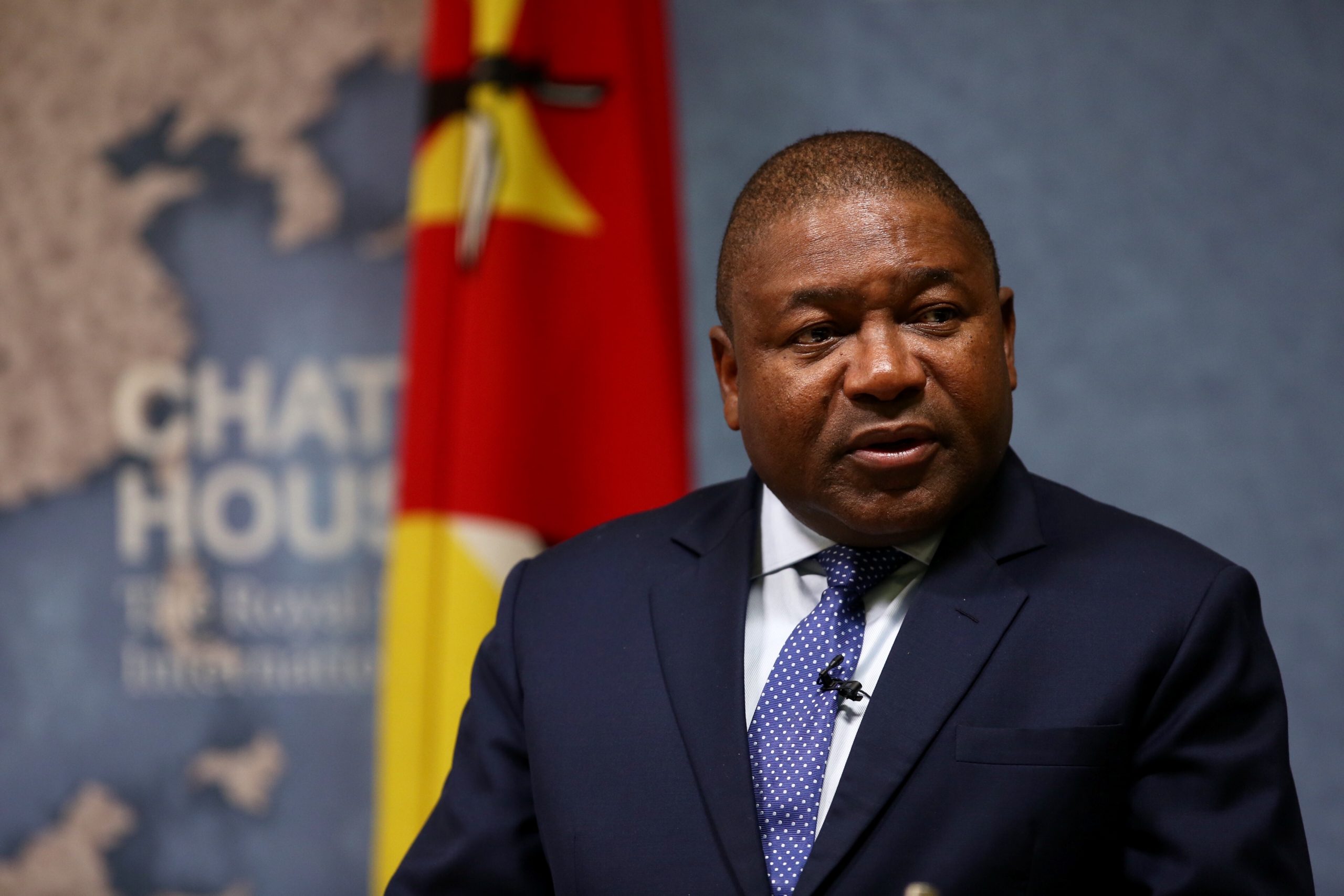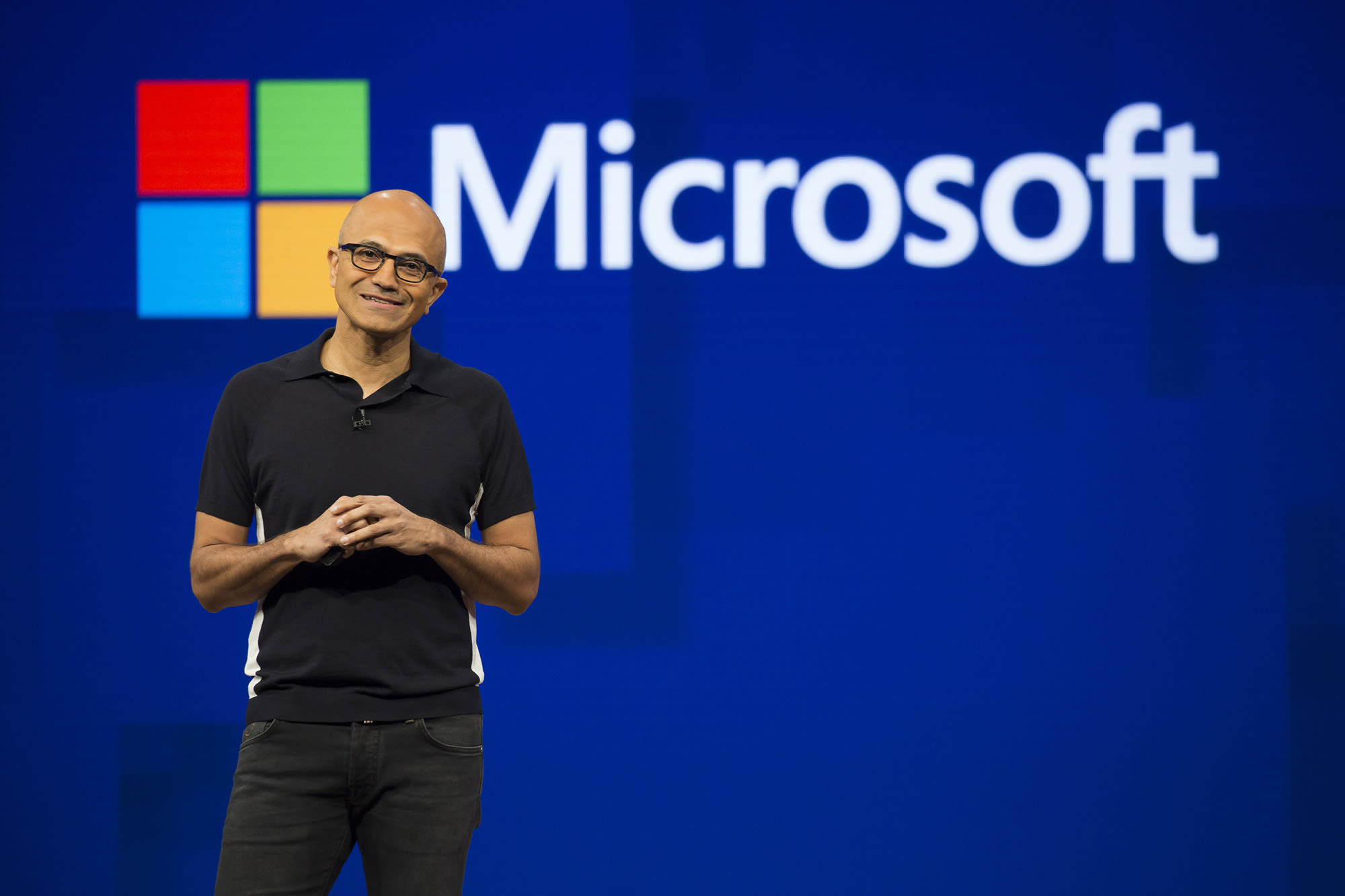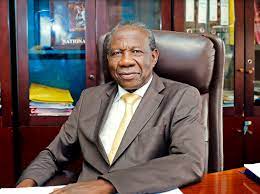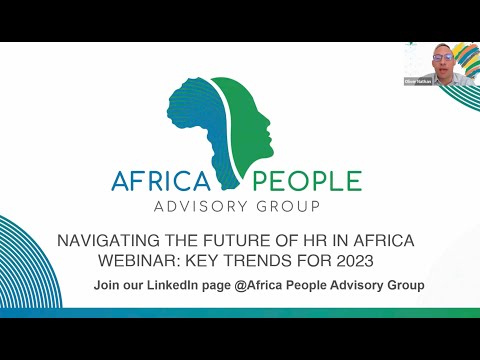Mozambique Seeks Energy Pact Worth Billions
Mozambique is seeking to become the latest country to secure an energy-transition pact with wealthy nations and is targeting an announcement at the Cop28 climate summit later this year.
The Southern African country, one of the world’s poorest, plans to harness its abundant hydro, solar and wind potential to meet its own power needs and those of its neighbours, as well as using that electricity to process battery minerals such as graphite and lithium, said Marcelina Mataveia, its national director of energy. Talks over funding have been held with Belgium, Germany, the UK and the United Arab Emirates.

Such a pact, the centrepiece of which would be a US$4.5-billion hydropower and transmission project, may have similarities to the so-called Just Energy Transition Partnerships some of the world’s richest governments are implementing with South Africa, Indonesia, Vietnam and Senegal. Mataveia declined to say what the plan’s total cost will be other than it would be “a lot”.
read also Kenyan Fintech Startup FlexPay Secures Renew Capital Investment for ‘Save Now, Buy Later’ Revolution
An investment plan will be announced at Cop28. The global climate meeting starts on 30 November in Dubai
“The energy transition strategy will cover transport, will cover industry” and how to supply power to rural communities, Mataveia said in an interview in Nairobi, Kenya’s capital, on Wednesday.
An investment plan will be announced at Cop28, Mataveia said. The global climate meeting starts on 30 November in Dubai.
Earlier this week, Barbel Kofler, state secretary to Germany’s economic cooperation minister, said in an interview that the European nation was in talks with Mozambique about energy projects. At the Africa Climate Summit, which closed in Nairobi on Wednesday, the UAE pledged billions of dollars of investment in African clean energy. Key to Mozambique’s plans is the hydropower potential of the Zambezi River, Africa’s fourth biggest.
read also Digital Payment Service PayShap Closes in on a Million Transactions
In May, its government selected a consortium consisting of TotalEnergies, Électricité de France and Sumitomo to help it build the 1.5GW Mphanda Nkuwa dam.
Financial arrangements will be concluded by 2025 and construction will start shortly, Carlos Yum, MD of Mphanda Nkuwa Hydroelectrica, said in an interview. A second stage could add another 900MW.
Planned transmission lines from the facility will also allow as much as 1.5GW of wind and solar power to be added to the grid, he said.
Talks are being held with both public utilities and private companies domestically and in the region to buy the electricity. Grid connections will be strengthened or built with Zimbabwe, South Africa, Zambia and Tanzania. A project is already under way on lines to Malawi.
Currently, Mozambique gets the bulk of its electricity from the Cahora Bassa dam and some power from gas-fired plants. Meanwhile, neighbours such as South Africa and Zimbabwe have been suffering crippling outages.
“The energy mix will change substantially from 2030 onwards,” Yum said. The renewable sources will allow Mozambique to use low-carbon methods to process the minerals it currently exports in their raw form, he said. Green hydrogen production isn’t being considered.
read aDigital Payment Service PayShap Closes in on a Million Transactions
The energy transition plan will also include off-grid solutions for remote communities and the gradual shifting of the transport fleet from petrol and diesel to electric cars and biofuels, Mataveia said.
While Mozambique largely relies on hydropower, the country is home to some of the world’s biggest natural gas projects and is also a coal exporter.
Kelechi Deca

Kelechi Deca has over two decades of media experience, he has traveled to over 77 countries reporting on multilateral development institutions, international business, trade, travels, culture, and diplomacy. He is also a petrol head with in-depth knowledge of automobiles and the auto industry



















